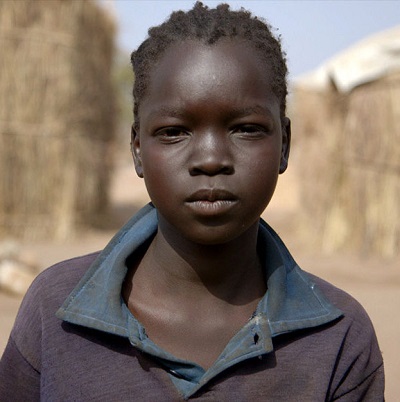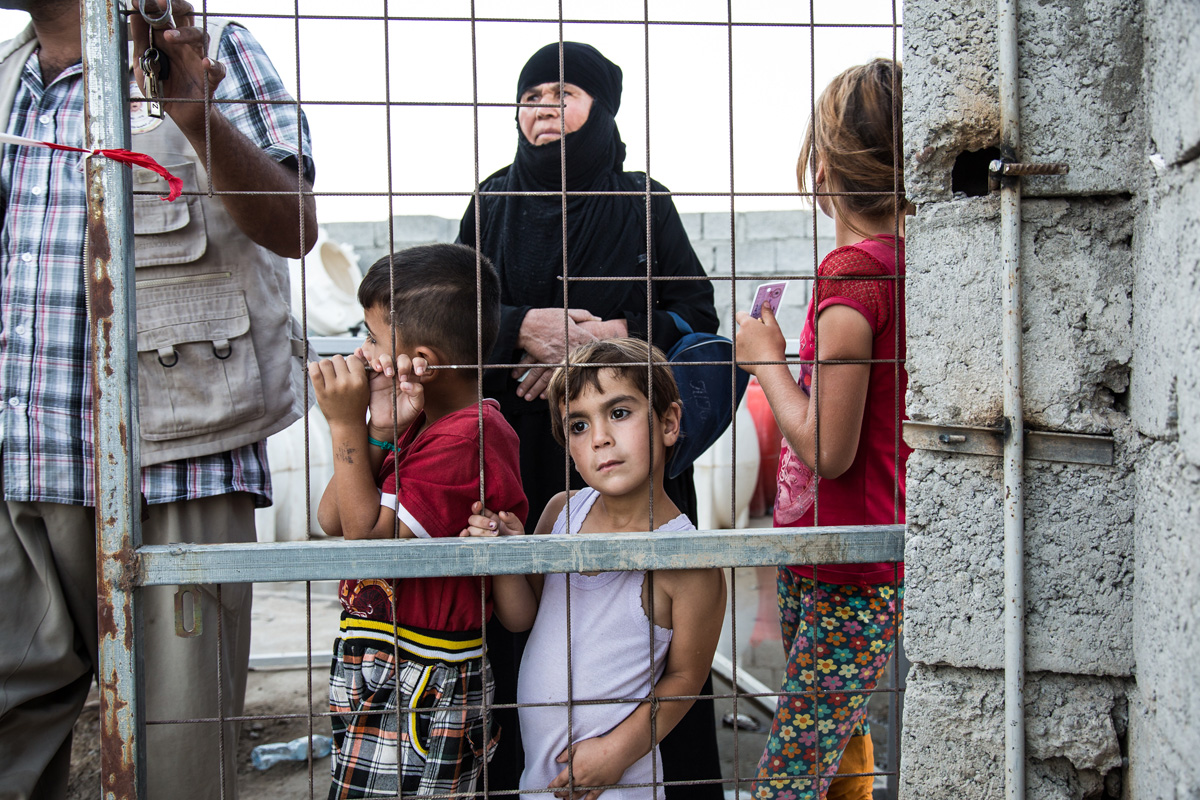-

Madina’s Dream: Life and Death in the Nuba Mountains
December 11, 2014
In an effort to shine a light on the largely underreported and forgotten situation in the Nuba Mountain region of Sudan, the Museum worked with award-winning filmmaker Andrew Berends to support the production of Madina’s Dream, a documentary exploring the human dimensions of life in this troubled region.
-

As Burundi’s Elections Approach, Is Mass Killing Likely?
December 8, 2014
Human rights groups and the United Nations have been warning that Burundi’s elections in 2015 could spark a genocide, but the Early Warning Project’s risk assessments so far indicate that Burundi is not at especially high risk of state-led mass killing. To explore this discrepancy, I asked a handful of experts for their views on this case. While all of the sources I interviewed agreed that the UN was right to be concerned, they disagreed on how severe the risk is and how a new episode of state-led mass killing might come about.
-

Beyond the Canon: New UN Tool Suggests Broader Base for Thinking about Atrocity Prevention
November 13, 2014
In a small but meaningful gesture, the photographs on the cover of the UN’s new framework of analysis for assessing the risk of genocide and other mass atrocities go beyond what I call the genocide canon—the cases of Armenia, the Holocaust, Rwanda, Srebrenica, and, of late, Darfur that are typically cited to prick people’s conscience and spur action by policymakers—to include images from East Timor, Guatemala, and Cambodia [see below; captions are on page ii of the document].
-

Atrocities Early Warning Q&A: Bridget Conley-Zilkic
November 8, 2014
Bridget Conley-Zilkic is research director at the World Peace Foundation and assistant professor of research at Tufts University's The Fletcher School. From 2001 to 2011, she worked on issues related to contemporary genocide at the U.S. Holocaust Memorial Museum.
-

A Progress Report on Peace Talks in Colombia
November 4, 2014
An article in the Economist, “The Dogs Bark in Colombia,” details the intransigence of both Álvaro Uribe (a former president and the leader of right-wing opposition to the peace talks) and the FARC’s leaders, which has the potential to derail negotiations. Coupled with the slow pace of talks, evidence that elements of the Colombian military have been spying on human rights defenders, journalists, and politicians involved in the peace process, and continued armed confrontations between insurgents and the government, there remain formidable challenges to reaching a peace agreement that would end the conflict. There are, however, some positive developments to report.
-

Shifting Risks in Burkina Faso
November 2, 2014
The man who ruled Burkina Faso for 27 years fell from office a few days ago, and the contours of the transition that will follow remain unclear. The Early Warning Project's statistical risk assessments suggest that this tumult has roughly doubled the risk of an onset of state-led mass killing in Burkina Faso for the next year or more, likely pushing it into the top 30 when those estimates are next updated in early 2015. The several area experts we consulted in the past 48 hours, however, all indicated that this worst-case scenario was highly unlikely to happen.
-

Ebola’s Potential Effects on the Risk of Mass Atrocities in Guinea
October 16, 2014
One of the countries hit hardest by this year's Ebola epidemic, Guinea, is also one of the countries most susceptible to an onset of state-led mass killing, according to our statistical risk assessments. This conjunction is not entirely accidental. And, while the Ebola epidemic almost certainly won’t lead directly to mass atrocities, the effects the epidemic is having on Guinea’s political economy could indirectly increase that risk in coming months.
-

Why Isn’t State-Led Mass Killing Occurring in Russia’s North Caucasus?
October 8, 2014
In the 1990s and early 2000s, the Russian government defeated a separatist insurgency in Chechnya with a scorched-earth campaign that killed thousands of civilians and displaced hundreds of thousands more. Despite that ostensible victory, Russia continues to battle separatist insurgents in its North Caucasus region, of which Chechnya is a part.
-

Zimbabwe Simmers
October 2, 2014
This week, the International Crisis Group issued a new briefing on Zimbabwe that portrays a country on simmer. "Zimbabwe is an insolvent and failing state," writes ICG Africa Program director Comfort Ero, "its politics zero sum, its institutions hollowing out, and its once vibrant economy moribund." Without significant changes of course in economic policy and elite behavior, the report warns, the risk of a sharper crisis and deeper collapse will continue to grow.
-

Occupy Central and the Rising Risk of New Mass Atrocities in China
September 29, 2014
Activists have massed by the thousands in central Hong Kong for the past several days in defiance of repeated attempts to disperse them and menacing words from Beijing. This demonstration and the wider Occupy Central movement from which it draws poses one of the sharpest public challenges to Communist Party authority since the Tiananmen Square uprising 25 years ago. In so doing, it clearly raises the risk of a new mass atrocity in China.


